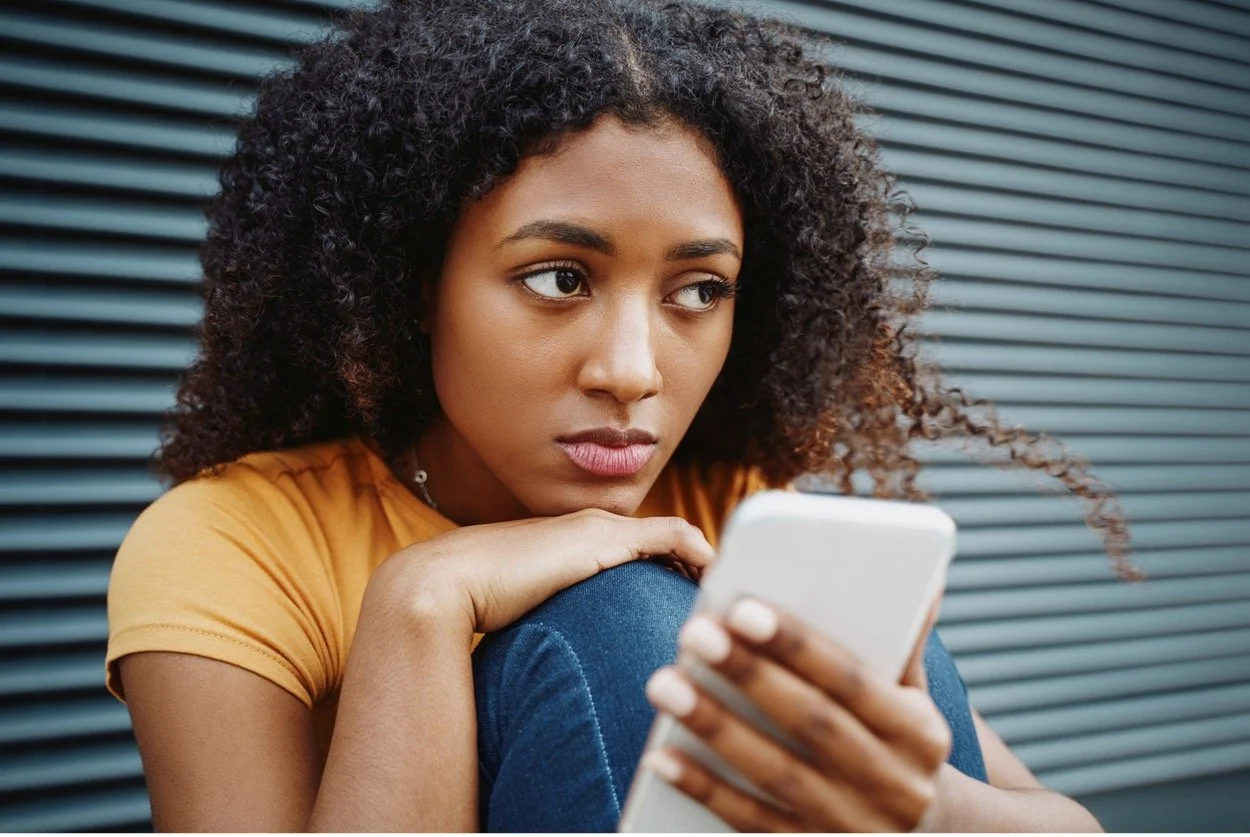7 Reasons You Are Afraid of Love
A fear of love can express itself in many different ways. Before you can change, it’s important to be aware of how you sabotage your romantic life. We discuss 7 reasons you are afraid to love here!
Photo Credit: GoodIdeas
By: Jamila Gomez
A fear of love can express itself in many different ways. You might sit at home on Saturday nights and refuse to let your friends set you up. On the other hand, you might participate on a dozen dating platforms and meet someone for coffee at least three times a week. While these may sound like two opposite extremes, the outcomes are usually the same. Your defenses keep you from developing an intimate relationship.
Before you can change, it’s important to be aware of how you sabotage your romantic life. Find out what’s keeping you from falling in love.
Altering Your Thoughts:
Review your history:
Think about your childhood and past relationships. Look for defense mechanisms that you formed in your early years and are ready to drop now. Spot patterns that you want to change.
Accept your feelings:
A fear of love often involves trying to avoid strong emotions. Remember that running away from sadness also means missing out on joy.
Boost your confidence:
Learning to live with strong emotions will make you more resilient. Each time you put yourself in situations that make you anxious, you see proof that you can deal with them successfully.
Watch your self-talk:
Are you sending yourself messages that you’re unlovable? Use your inner voice to build yourself up. Speak to yourself with kindness and compassion.
Plan ahead:
You’ll feel less anxious if you rehearse the scenarios that make you apprehensive. Practice what you’ll do if someone that you like fails to call you back. You’ll probably realize that the consequences are less serious than you imagine.
Appreciate solitude:
Being single is different from being afraid to love. You can still enjoy your own company or search for a partner on your own timeline.
Consider counseling:
Relationship issues can involve some of our deepest needs and fears. Talking with a professional could help you make a breakthrough if you feel stuck.
Adjusting Your Dating Habits:
Clarify your criteria:
Overcoming a fear of love requires taking risks, but you can make your odds more favorable. Knowing what you want in a romantic relationship will help you to make rational decisions and choose compatible partners.
Open up:
Close connections are based on communication. Allow yourself to be vulnerable. Move conversations to a deeper level. Talk about your thoughts and feelings.
Build trust:
Maybe you find it difficult to believe in others as well as yourself. Encourage trust by developing relationships based on honesty and mutual respect. Some imbalances are natural, but each half of a couple needs to be willing to give and take.
Take a deep breath:
Does dating make you so nervous that you start perspiring and babbling? Learning to relax will make things more pleasant for you and your dates. Try meditating daily or listening to soothing music before you leave home.
Double date:
Study a role model. Have dinner with a couple whose relationship you admire. Observe their interactions and adapt some of their methods to suit your own style.
Start small:
Meeting someone’s family may still seem overwhelming, but you can practice your new relationship skills in situations where you feel more secure. Talk about your feelings with a close friend or write them down in a journal.
Support others:
Fears about intimacy are widespread, so you’ll find plenty of opportunities to help yourself by helping others. Focus on trying to help your date feel more relaxed.
Looking for love can make you feel uncomfortable, and you may even get your heart broken. However, the alternative is missing out on the intimacy and companionship you want and deserve. Remember that you have enough wisdom and strength to develop a healthy romantic relationship.
YOU MAY ALSO BE INTERESTED IN:
SHARE TO SOCIAL MEDIA
Why People Ghost Others: An Unsettling Trend in Modern Relationships
A concerning trend has emerged in modern relationships: ghosting. We discuss 5 reasons why you may have been ghosted here!
Photo Credit: tommaso79 via iStockphoto.com
By: Jamila Gomez
A concerning trend has emerged in modern relationships: ghosting. Picture this – you're invested in a connection, be it romantic, friendly, or familial, and suddenly, all communication ceases without warning. Ghosting has become increasingly prevalent in our tech-driven age, where disappearing from someone's life is as easy as tapping a button. But why do people choose to ghost others?
Fear of Confrontation and Conflict Resolution:
One primary reason for ghosting is the fear of confronting difficult conversations. Addressing feelings or concerns can be uncomfortable, leading some to opt for the easy way out – cutting off communication entirely.
Desire to Avoid Accountability and Closure:
Another contributing factor is the desire to shirk accountability. By ghosting without explanation, individuals absolve themselves of responsibility, leaving the other person confused and with unanswered questions.
Emotional Immaturity and Insecurity:
Ghosting can also be a result of emotional immaturity and insecurity. Some struggle to express their needs or confront their emotions, using ghosting as a shield against vulnerability and potential rejection.
Lack of Empathy and Emotional Disconnect:
In our screen-dominated society, emotional disconnect is common. Ghosting exemplifies this, as individuals fail to recognize the impact of their actions on others, possibly due to a lack of attachment or concern for the feelings of the person being ghosted.
The Overabundance of Options and FOMO:
Social media and dating apps present endless choices, fostering a fear of missing out. The constant search for the 'perfect' match can lead to a higher likelihood of ghosting, leaving the person on the receiving end as collateral damage.
While ghosting may seem like a convenient solution, it's emotionally damaging, eroding trust and stifling the development of healthy relationships. To combat this trend, promoting open communication, empathy, and understanding is crucial both online and offline. Let's foster relationships built on trust and respect.








